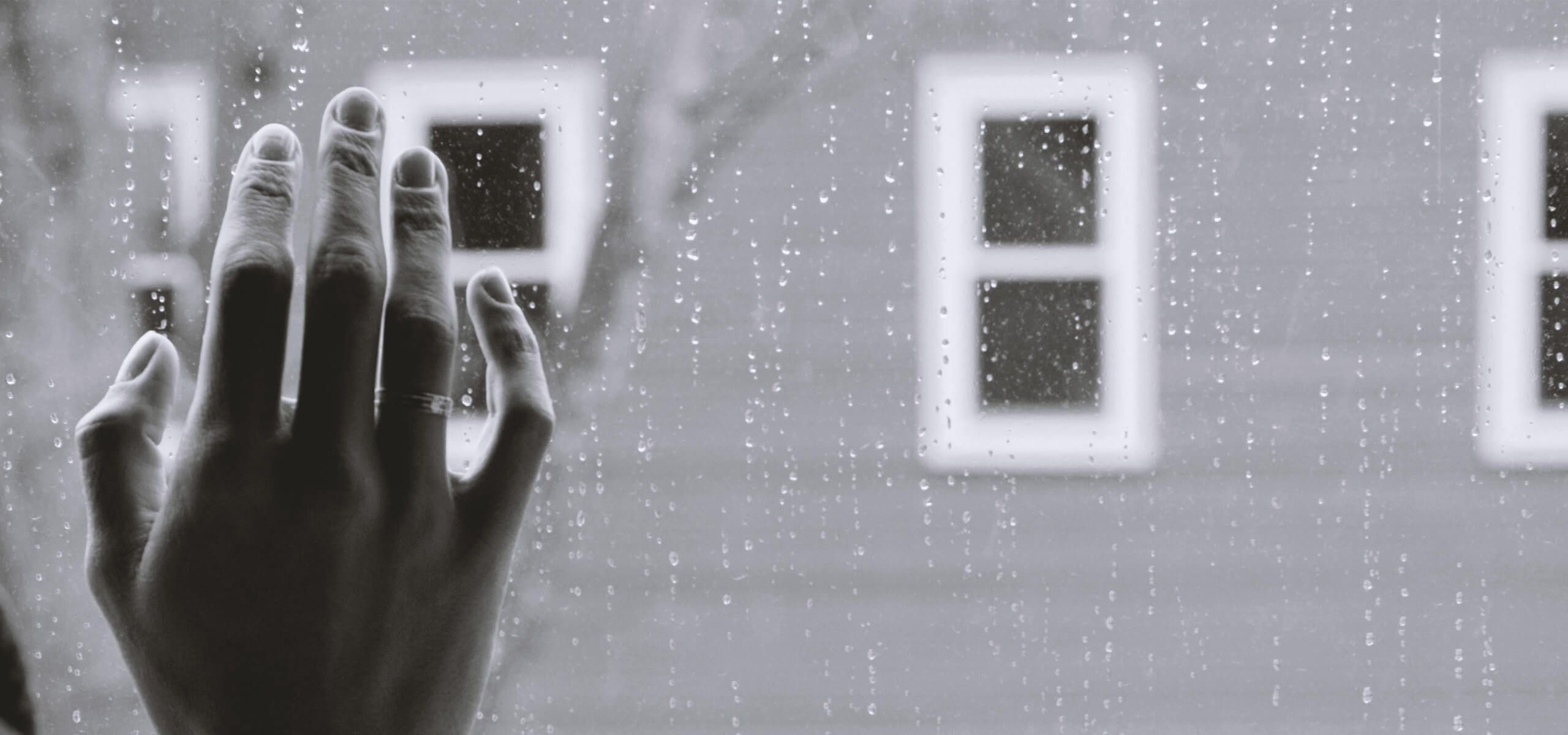The marginalisation of anti-vaxxers

Are experts inadvertently fuelling a healthcare rebellion? A team of metropolitan doctors gather in the unpopulated landscape of Khon Kaen province, North-East Thailand, known as Isan. Their mission is to convince the Isan people to stop eating the raw fish that is giving them bile duct cancer. Data shows that the parasite carried by the fish is one of the leading causes of death in the region, with one third infected with the fluke. But despite the severe risk to life, preventing the problem proves to be a much harder task than expected.
How could such a situation arise, where people willingly refuse to look after their own health? Alien and geographically distant as this may seem, this phenomenon is highly relevant to us, as an unfortunate blame is being laid on BAME communities often showing an ambivalence towards the Coronavirus vaccine. Lessons can be learnt from the Isan people in Thailand: both health issues have arisen out of a delicate situation wherein ethnic minorities with a historically problematic relationship with authority resort to self-harming behaviour in the face of worrying facts.
Such proud resistance recalls crowds cheering anti-vaccine comments at the Conservative Political Action Conference in the USA, to which Fauci expressed shock at people not wanting ‘to do something to save your life’.
The advice given by experts in Khon Kaen are emphatically rejected, with many people continuing to eat the fish as a symbol of socio-political allegiance. This fish is a cornerstone of Isan culture and an ancestral dish that defines the small, marginalised community. The inherently hierarchical act of educated, wealthy, urban doctors invading their space and confiscating an element of their heritage invites a sentiment of covert rebellion amongst the Isan population that results only in ill health and, in worse case scenarios, death. As doctors progress further into the realm of empiricism in their frustration, the polarisation between expert and rebel simply broadens.
It has long been known to psychologists that emotional attachments to group identities often take precedence over ‘rationality’. Indeed, evolution dictates that collective action within communities requires a teamwork mentality in order to ensure survival; nevertheless, in areas where authorities have a dubious history of abuse towards some of its citizens, it perhaps becomes common sense to resist the power of their ‘experts’.
To truly overcome this divide, a specific cultural sensitivity is essential. If lessons are to be learned, BAME people cannot undergo the same process of blame and degradation that the Isan people were victim to. Empathy is, perhaps, the key to connecting fact with emotion. Genuine, non-hierarchical conversations must be had in which there is an attempt to understand communities’ gestures of anger, what the concept of wellbeing means to them and how they can feel both culturally secure as well as healthy.
Building on an atmosphere of distrust is by no means simply solved through conversation. A multidisciplinary approach could, for example, examine historic relationships of power that continue to inform the ways in which marginalised communities feel towards governments and establishments.
People cannot be dismissed as stupid, small-minded, provincial or uncivilised before the systems in play regarding power, trust and cultural belonging are thoroughly examined through both talking and listening. The ‘Gunner Get Jabbed’ initiative at the Emirates Stadium was one such example of empathetic success, wherein several members of the black community were encouraged to get the vaccination in an environment that could relate the meaningful culture of football to their community and offer them access to this. Other such factors that could be played on for other communities include religious settings, community leaders and ethnic minority healthcare workers within the NHS who could both relay information about and deliver the vaccine.
It is an established fact that members of the BAME community are sadly more susceptible to death from Coronavirus, as discussed in Gurnek’s lens blog ‘Anti-Vaxxers Need More Empathy Than Judgement’. Indeed, an empathetic approach is not merely ‘kinder’, but the only effective way to ensure as many lives as possible can be saved from such a virus that does not exclude on the basis of skin colour. We all must lay aside our snobbery and adopt a lens of deep and informed understanding.

